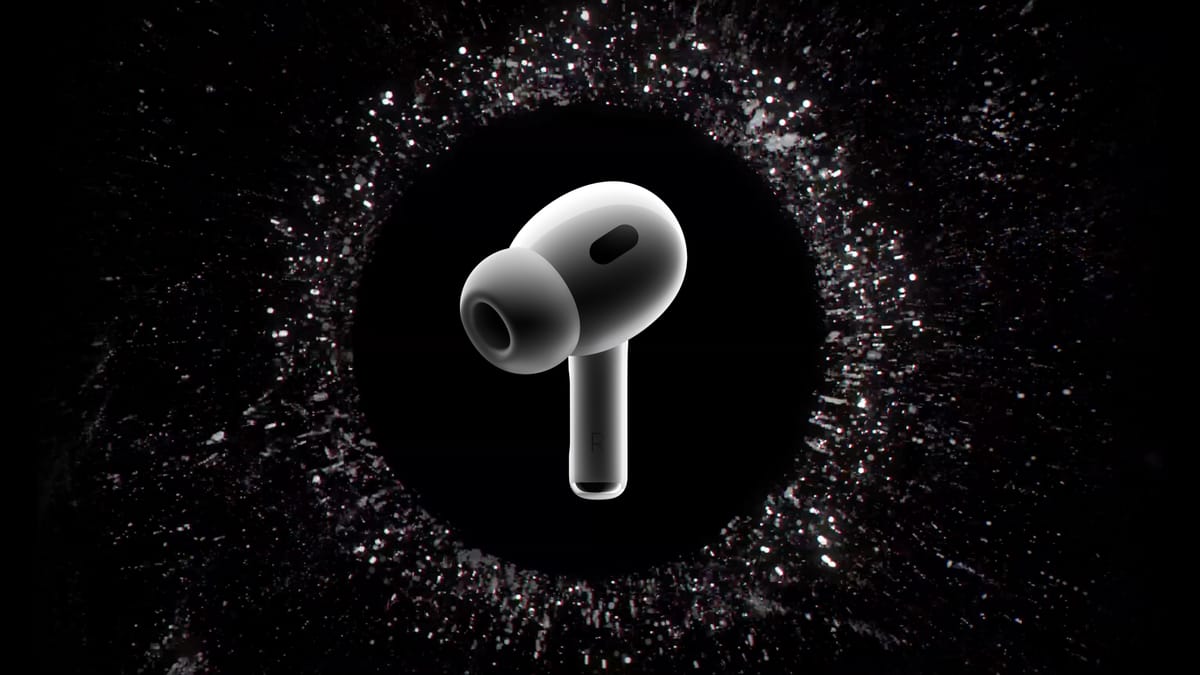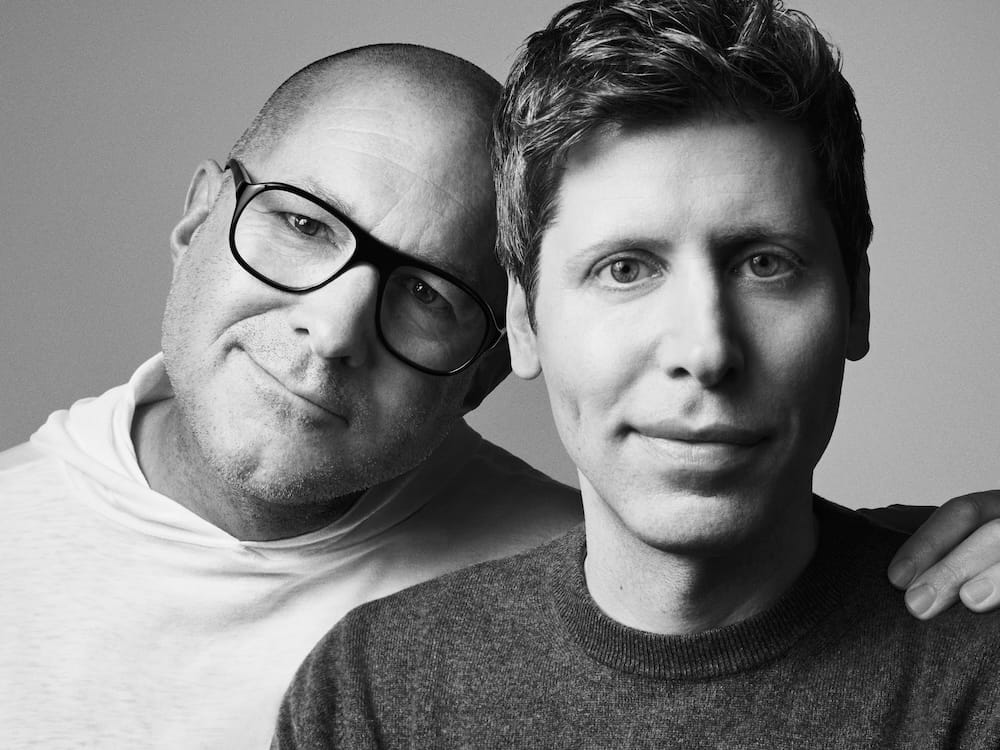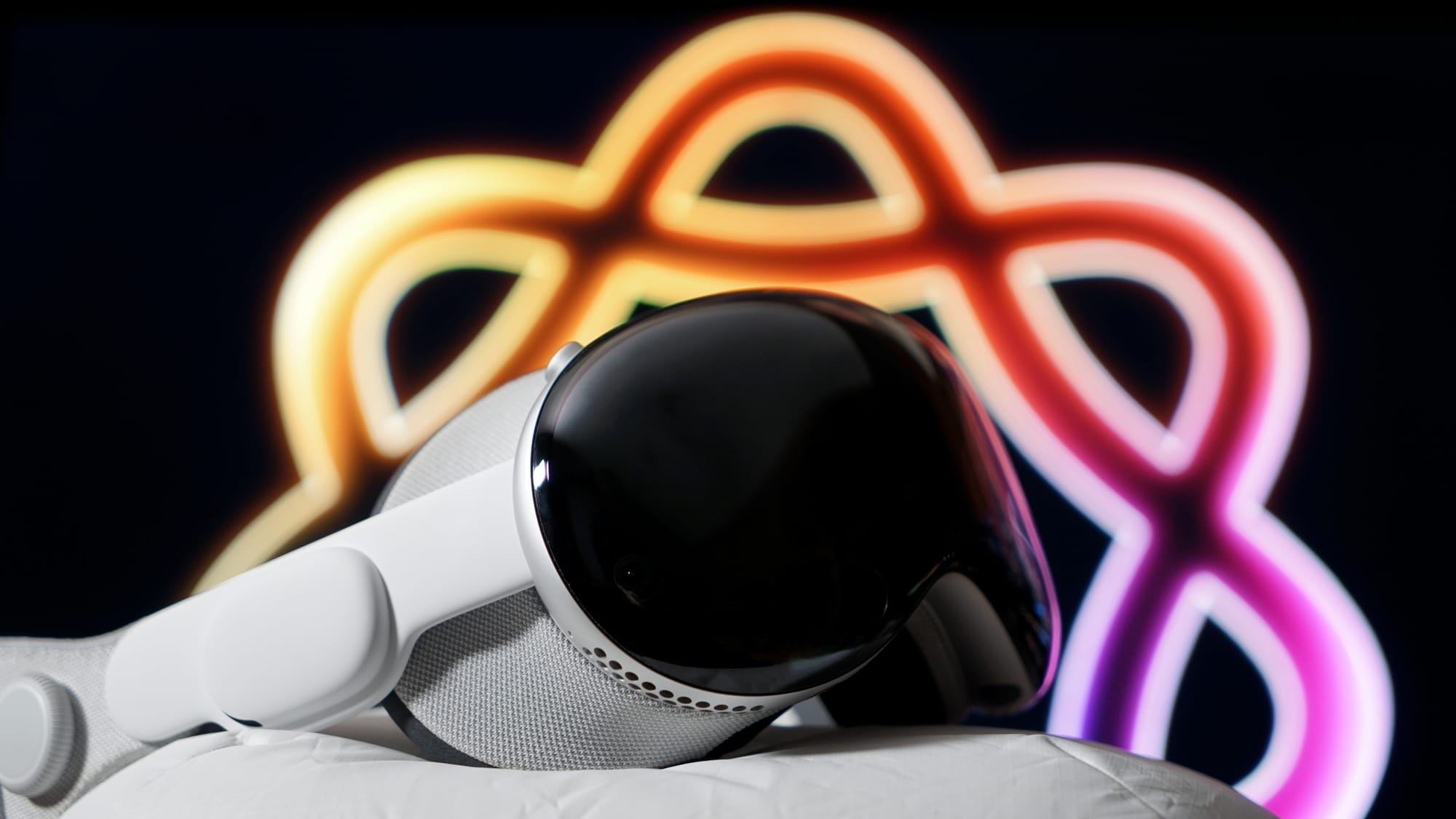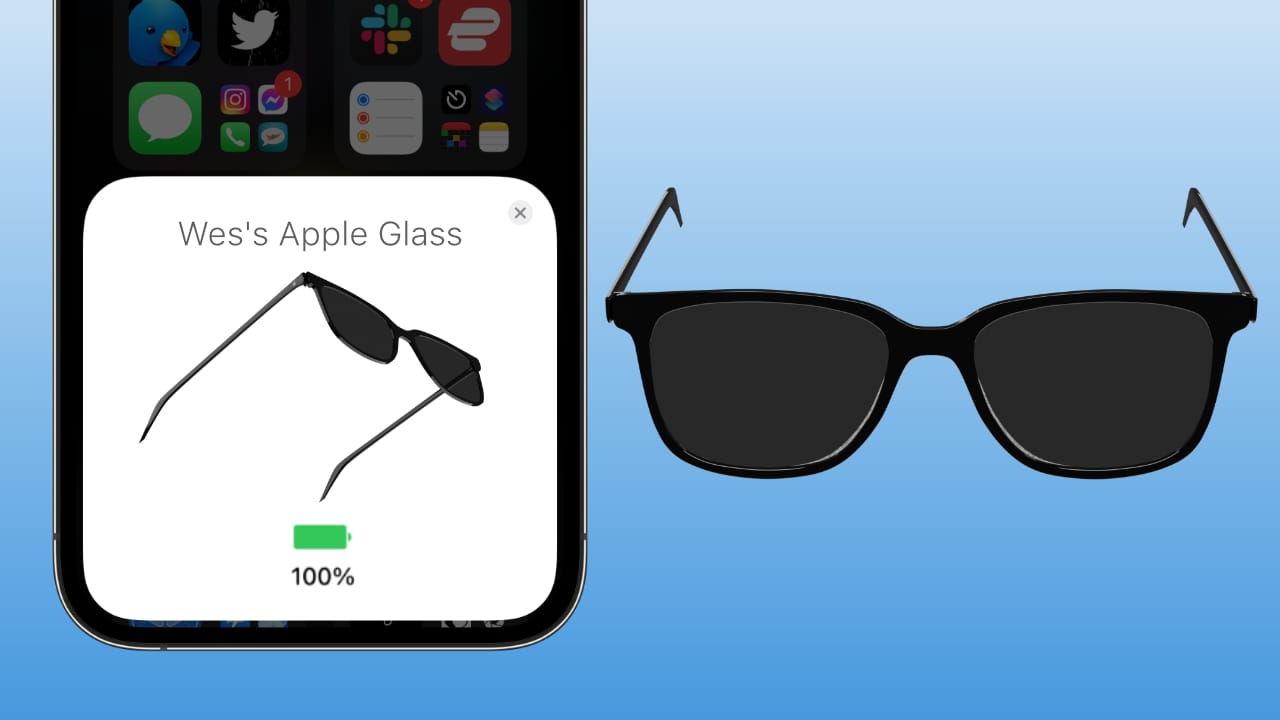Apple's week May 23: Jony in your pocket

It's been a busy week for Apple. The Trump administration threatened illegal tariffs that would target Apple specifically, only to walk that back and suggest all smartphone manufacturers need to build in the US.
Seemingly, the biggest news is the Jony Ive partnership with OpenAI. It has reignited the debate around AI and Apple's place in it, specifically suggesting Apple may as well give up in light of the competition.
Google I/O spent its keynote showing off more advanced models with incredible ability to generate slop and steal from the web at a bigger scale than ever before. The company is proud of its ability to utilize its position as a search giant and stab the publications that once helped elevate the platform with their high-quality reporting.
On the edge of everything, as usual, questions focus on what Apple's response will be. With WWDC only a couple of weeks away, we'll find out soon.
Jony Ive and OpenAI
I've already gone into plenty of detail about this silly, performative, empty announcement made by OpenAI. People sure do seem excited by this whole thing, but I'm going to reserve judgement for when an actual product is revealed in 2026.

The odd photo coupled with the nine-minute video that says nothing left me mostly confused and concerned for the whole venture. It looked more like something cooked up by a hopeful unicorn startup instead of a multi-billion-dollar corporation and one of the world's greatest known designers.
We've seen what happens when companies try to push AI into a physical product that isn't one people already own. Each and every one failed.
The video even had an absurd moment where Altman seems to pretend that smartphones don't exist, suggesting he'd have to pull out his laptop and open a browser to address ChatGPT. I'm seeing nothing but red flags.
Of course, this whole thing has renewed the conversation around whether Apple is behind in AI or not. I won't pretend they're not in a tough spot, but I still don't buy that they are truly "behind" in a race with artificial goalposts set by the competitors.
Apple entered the market last year with private, on-device, and cloud AI systems that focus on practical features like text manipulation and summaries. Its image generation is not good, period, but Genmoji is cute, if sometimes fun.
From what I've seen in the rest of the industry, it seems all of the features everyone thought of for AI a few years ago are still the same features we have today; they're just improved. Better image generation, document creation, and now even videos with voice acting.
I'm not really seeing anything new in the space. It makes me think that we've truly hit the feature ceiling for AI, which means Apple will have time to "catch up."
WWDC 2025 will make or break Apple here. Either they show us truly innovative and competitive AI, or it'll be another year of annoying conversations around what Apple is or isn't doing in the space.
visionOS 3 wish list
There's no need for me to dive into the wishlist itself here. Just check out my article on AppleInsider.

I just wanted to reiterate my thoughts on it that I shared on the AppleInsider Podcast. Perhaps my wish list is a little too out there, or even outside the realm of possibility or outside of the scope Apple wants for the platform, but it's where my mind goes when I think of the platform.
At the most basic level, I hope Apple provides useful updates that'll improve the platform and help draw developer attention. Native Apple apps and simple quality-of-life improvements are the bare minimum.
Apple will be spending a lot of time talking about Apple Intelligence and a redesign for iOS 19. I hope visionOS 3 isn't lost in the mix.
Epic's return to the US App Store
Apple was finally compelled to return Fortnite to the App Store. It returned with the full functionality, including a link to purchase V-bucks via a website.

Users are the biggest winners in the years-long legal battle that Epic started. The original intent of the Epic vs Apple case was to force regulators to allow third-party app stores on iOS so Epic could make money without paying Apple anything.
The result was Epic losing on nearly every count except one – anti-steering. Apple got in trouble for its lousy attempt to meet the ruling, which ultimately resulted in developers being able to link users out to the web to make purchases, thus cutting Apple out of the process and its commission.
As I've said before, I believe Apple deserves compensation for hosting apps and developers on its platform. It isn't my job to figure out what is fair or what Apple should charge, but clearly developers and regulators believe the current system is broken.
Hopefully, Apple finally decides to act on its own and fix things before regulators ignorant of how technology functions attempt to tell Apple how to run its business.
Apple Glasses
We've got a new date window for Apple Glasses – 2026. Except, it seems we're discussing a bare-minimum viable product that'll focus on AirPods-like functionality and possibly a display.

I expect we'll get voice control tied to on-device iPhone AI, speakers for voice feedback, and sensors for contextual understanding. Projected displays seem to be where the technology is today, and likely where Apple could end up unless they discover something better.
I'm excited for what Apple will do with this product. It's too early for what we all expect is Apple's ultimate goal – smart glasses with a transparent display that runs visionOS. However, I do think Apple is capable of shipping something much more sophisticated than what are essentially AirPods with lenses.
A lot of movement is happening in the XR space, and it is very exciting. I believe it is more important and more useful than the current AI movement. Sure, AI is likely what helps power and enables the technology, but if AI is the software, XR is the hardware, and Apple is king of vertical integration between the two.
It's why keep reiterating – don't count Apple out just yet.
